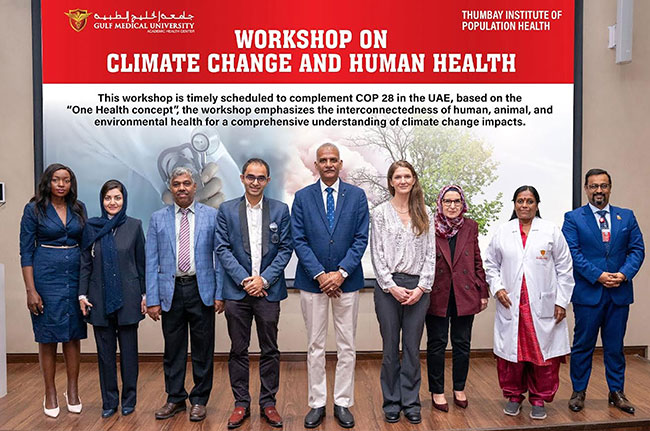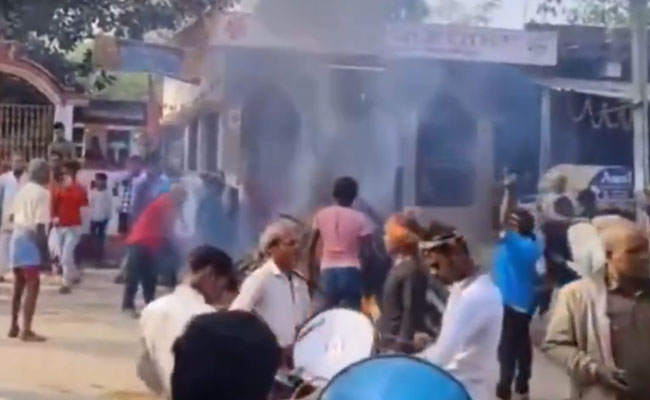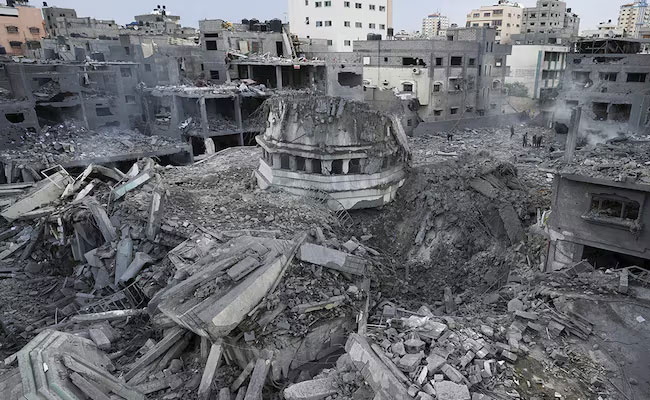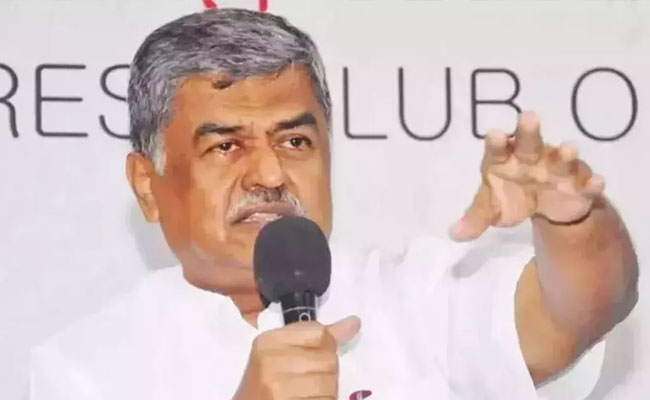Ajman (Press Release): In a bid to address the pressing issue of climate change, Gulf Medical University (GMU conducted a workshop titled ‘Climate Change and Human Health’ to shed light on the interconnectedness of human, and environmental health. Timely and significant, the workshop emphasized the "One Health concept," providing a detailed understanding of the impacts of climate change on global well-being.
The event was inaugurated by Prof. MandaVenkatramana, Vice Chancellor Academics & Dean, College of Medicine, who welcomed participants and set the stage for insightful discussions on the critical intersection of climate change and human health.
Notable speakers at the workshop included: Ms. Salome Owuonda, Executive Director, Africa Centre for Sustainable and Inclusive Development; Dr. Cecilia Sorensen, Director of the Global Consortium on Climate and Health Education, Columbia University, New York; Dr. Edmond Fernandes, Edward & Cynthia Institute of Public Health, India; Dr. FatemehRezaei, Assistant Professor, Isfahan University of Health Sciences, Iran; Prof. Shatha Al Sharbatti, Professor & Head of Department, Dept of Community Medicine, GMU; Dr. Mohammed Abdulrazzaq, Assistant Professor of Occupational Health, GMU.
Speaking about the collaborative effort, Professor HossamHamdy, chancellor, Gulf Medical University, said, “The Gulf Medical University has made significant strides in advancing accessible and quality health education. The commitment extends towards healthcare and higher education, supported by a robust infrastructure for privatization and business development. Recognizing the global landscape, the university emphasizes multidisciplinary subjects for our diverse student body. It is imperative now, more than ever, to integrate climate change into health professions education, ensuring our students are poised to tackle the complexities of an ever-evolving world."
Meanwhile, Dr. Cecilia Sorensen, Director of the Global Consortium on Climate and Health Education, Columbia University, New York highlighted, “I would like to commend the efforts of Gulf Medical University in addressing the intersection of climate and health. In today's context, it is crucial that our healthcare professionals, including nurses, doctors, and pharmacists, are equipped with the knowledge to understand the impact of climate on health. They serve as the first and last line of defense for our patients and communities. The recent COP hosted by the UAE marked a significant milestone, dedicating a full segment to health. This showcases the importance of integrating health considerations into climate policies. My aspiration is to witness health becoming an integral aspect of every conversation surrounding energy, transportation, and industrialization—the ultimate convergence point in addressing climate change. While it signifies a step in the right direction, there is still much work to be done.”
The workshop facilitated discussions on proactive measures, policy initiatives, and collaborative efforts needed to address the challenges posed by climate change on human health. It served as a platform for interdisciplinary exchange, encouraging a holistic approach to mitigate and adapt to the evolving impacts on our planet.
In addition, Dr. Edmond Fernandes, from the Edward & Cynthia Institute of Public Health in India, concluded, “The Climate Change and Health workshop at Gulf Medical University in Ajman was an inspiring event. It served as a valuable extension of the UAE’s COP 28, where the academia and academic community took the lead in shedding light on the implications of climate change on the health of the region. This event went beyond simply discussing how climate change affected health systems; it delved into the broader impact on social protection, emphasizing the need to safeguard at-risk communities. Additionally, it addressed the repercussions on food security, advocating for the establishment of resilient food systems. At present, medical doctors lacked the necessary training to comprehend the global conversations and connotations surrounding climate change and the adaptation gaps. Therefore, there was a growing need for health systems to realign medical curriculum, integrating the crucial intersection of climate and health. Gulf Medical University had shown leadership in this region by spearheading initiatives that bridged the gap between climate and health education.”
Let the Truth be known. If you read VB and like VB, please be a VB Supporter and Help us deliver the Truth to one and all.
Vaishali: An elderly Dalit woman was cremated on a public road in Bihar’s Vaishali district after her family was allegedly prevented from using the village cremation ground, triggering outrage and tension in the area, The Observer Post reported.
The incident occurred on Thursday at Sontho Andhari village under the Goraul police station limits. The deceased, identified as Jhapki Devi (95), belonged to a Mahadalit family. According to locals and police, when her family tried to take her body to the cremation ground, some people blocked the route, leaving the family with no option but to perform the last rites on the road.
Family members and residents said the obstruction has been a long-standing issue. “Every time we take a body for cremation, the way is blocked. This has happened earlier too, but no permanent solution was given,” said a local resident from Manjhi Tola, expressing anger over repeated denial of access.
As tensions rose, the funeral procession stopped at Andhari Gachi Chowk, where the body was placed on a pyre in front of a Shiva temple and cremated on the road. Villagers alleged that the pathway connecting the main road to the cremation ground had been encroached upon by local landowners.
Police and administrative officials later reached the spot. A fire brigade vehicle was deployed to extinguish the pyre, and the road was cleaned after the cremation. Public representatives who arrived at the scene were reportedly chased away by protesting villagers, who accused the administration of ignoring their complaints for years.
Vaishali Superintendent of Police Vikram Sihag said the issue arose due to the absence of a clear path. “Earlier, there was a route to the cremation ground, but some people built a temple on that path. Due to the lack of access, the family carried out the cremation on the road,” he said. He added that discussions were held with local officials and that arrangements would be made to restore access to the cremation ground. “The situation is currently under control,” the SP said.
Block Development Officer Pankaj Kumar Nigam and Circle Officer Divya Chanchal said the area had been cleared and an inquiry was under way. “All aspects will be examined, and steps will be taken to ensure that such incidents do not happen again,” they said.





